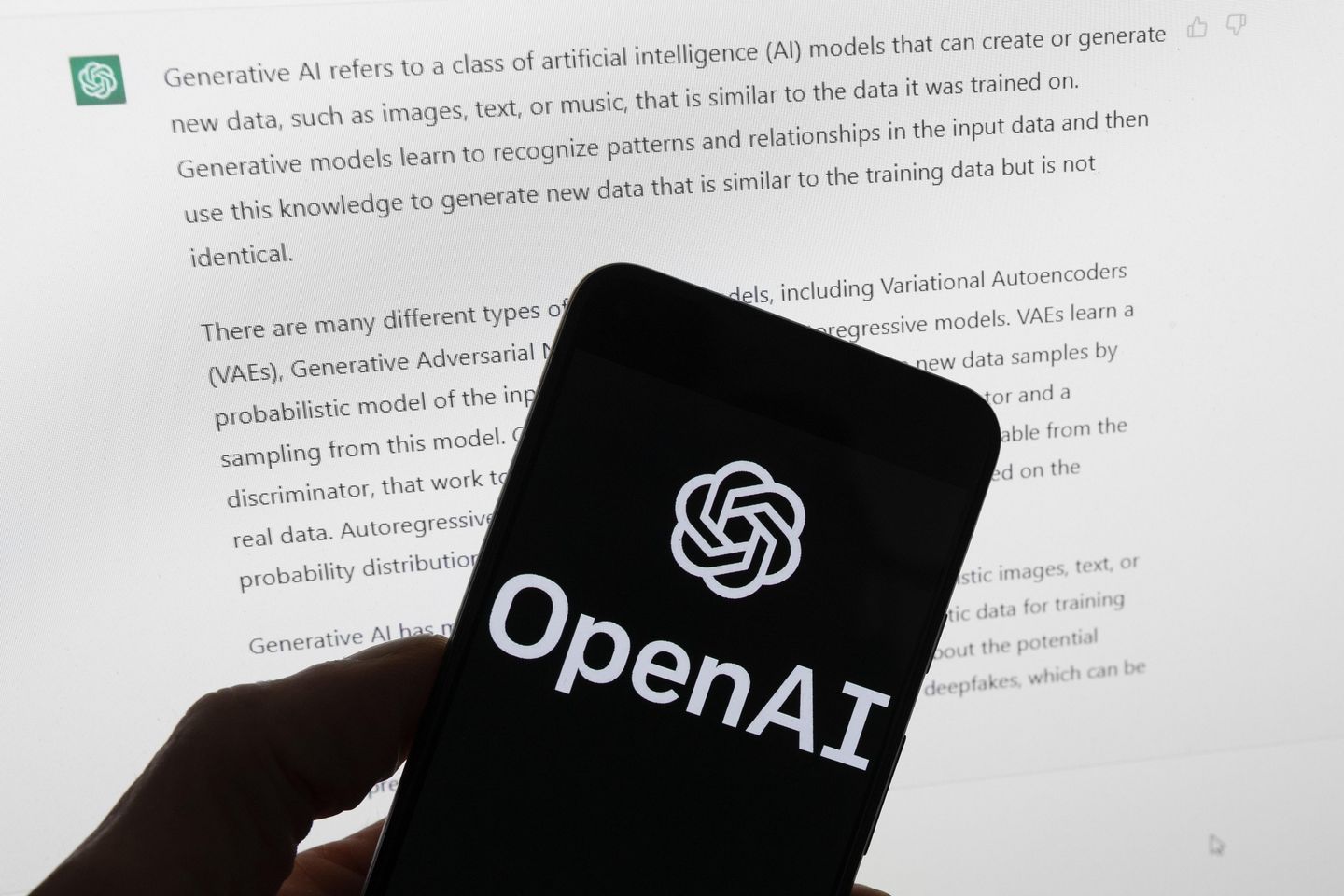Some scholars say that AI could face lawsuits over defamation, product liability, and other legal issues.
Key Highlights :

Artificial intelligence (AI) has become an integral part of modern technology, and it has transformed the way we interact with information. However, as AI becomes more advanced, there are concerns that it could be used to spread misinformation, leading to potential litigation.
Legal experts have pointed out that the accuracy of AI is not always guaranteed, and it can produce false information that could cause harm to individuals. Professor Daniel J. Solove from the George Washington University Law School has noted that AI can easily misinterpret data, leading to false conclusions that can harm people's reputations.
One of the ways AI can be used to spread misinformation is by generating fake news. This is particularly harmful because it can be challenging to distinguish between true and false information, which can lead to widespread confusion and misinformation. AI can generate fake news articles, videos, comments, ratings, and reviews that could manipulate people's opinions and lead to defamation claims.
For example, AI-generated fake news articles could be circulated online, causing confusion and harm to individuals. Similarly, AI-generated fake news videos could be used to spread misinformation and cause harm to people. Additionally, AI-generated fake news comments, ratings, and reviews could manipulate people's opinions and lead to harm to individuals and businesses.
In conclusion, AI has become a powerful tool for generating and disseminating information. However, as AI becomes more advanced, there are concerns that it could be used to spread misinformation, leading to potential litigation. It is essential to ensure that AI is used responsibly and that measures are in place to prevent the spread of false information. This includes investing in AI technologies that prioritize accuracy and transparency and developing legal frameworks that protect individuals and businesses from harm.
